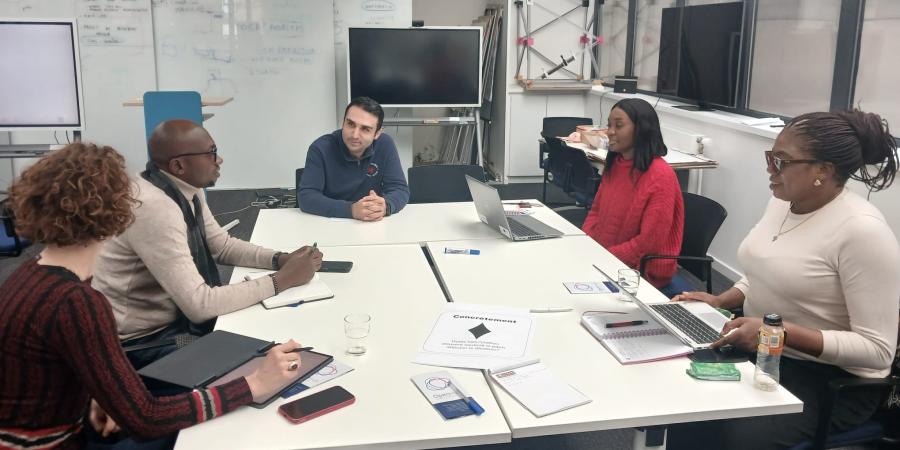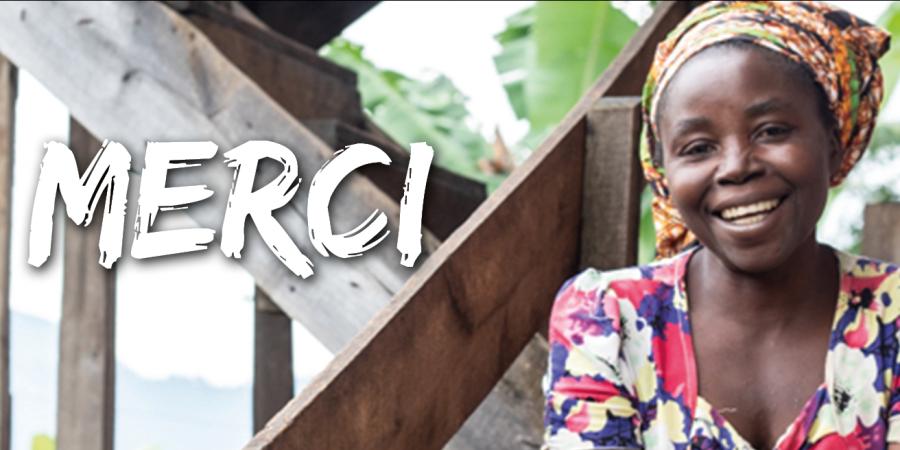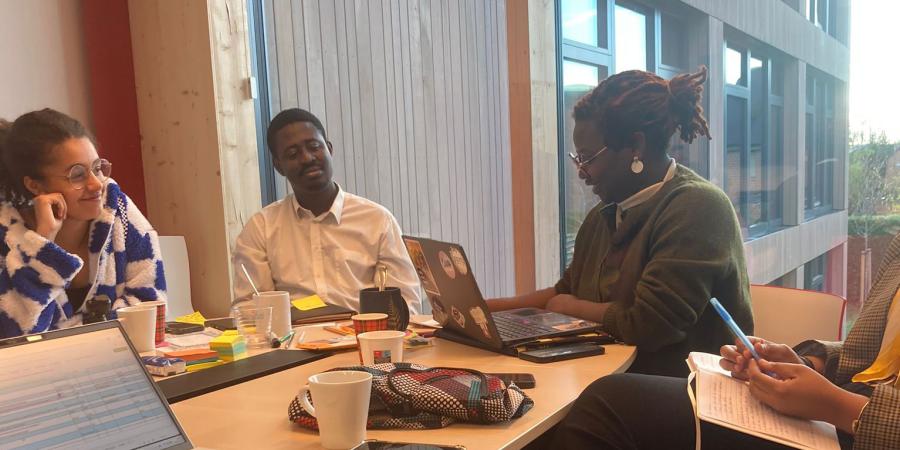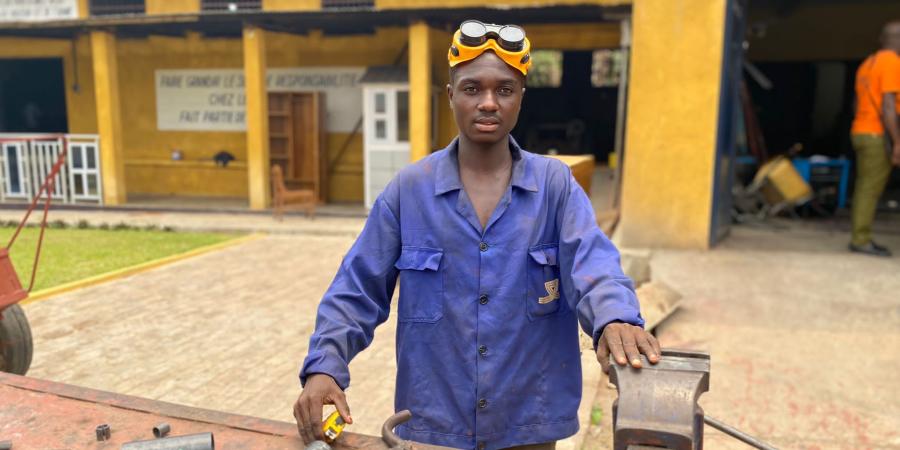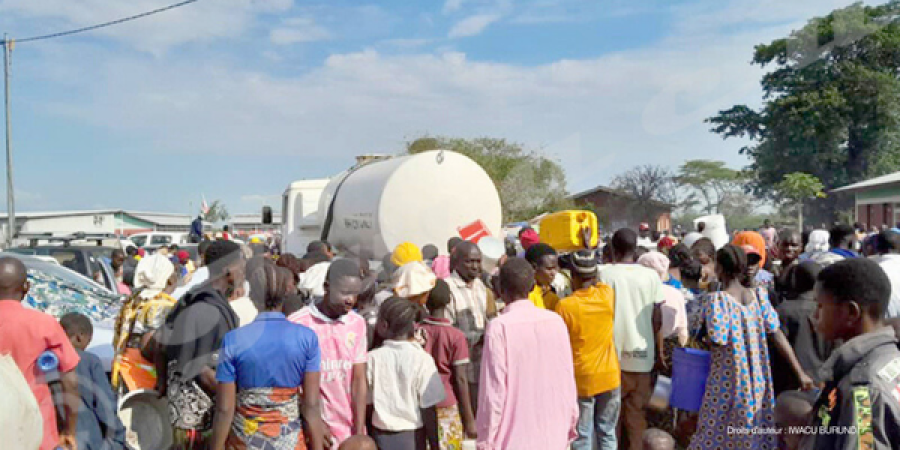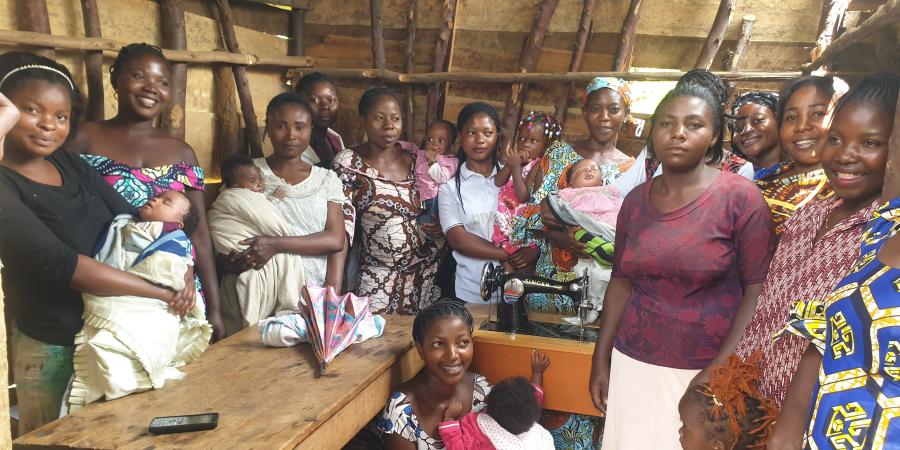Democratising Knowledge for Sustainable Food Systems
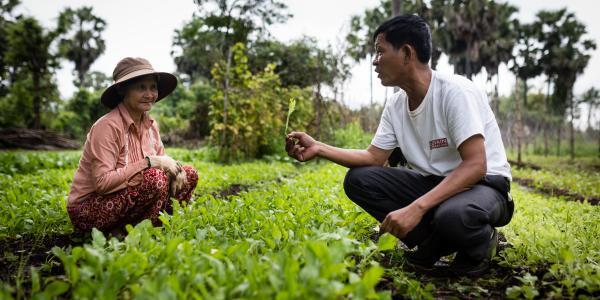
Democratising Knowledge for Sustainable Food Systems
At a time when global food systems are facing unprecedented challenges, the diversification of knowledge is becoming imperative for the sustainable and equitable transformation of these systems. With this in mind, an article entitled "Knowledge Democratization Approaches for Food Systems Transformation", written by several authors including Amaury Peeters, Head of Research & Development at Louvain Coopération, was published in May 2024 in the scientific journal Nature Food.
The recent article on Knowledge Democratization Approaches to Transforming Food Systems, published in Nature Food, highlights the importance of integrating traditional, indigenous and local knowledge as resources in the creation of sustainable and equitable food systems. Louvain Coopération, which is committed to sustainable development, supports this vision and works actively to apply these principles in its projects.
At present, narrow conceptions of what constitutes knowledge lead to gaps in decision-making about food systems. Traditional, indigenous and field-based knowledge provides essential information for sustainable transitions, but is often excluded from decision-making on funding, policies and actions related to agriculture and food systems. It is therefore becoming essential to diversify our epistemological base in order to strengthen democracy in agricultural research, innovation and implementation.
The article identifies several fundamental principles for democratising knowledge and policy processes. It then illustrates various initiatives in different contexts that apply these principles, and makes three key recommendations for food systems research: epistemic justice, intercultural co-creation and knowledge mutualism and exchange.
- Epistemic or cognitive justice: cognitive justice promotes the recognition of alternative knowledge systems and paradigms as valuable in their own right and encourages dialogue between often incommensurable knowledges to inform decision-making
- Intercultural co-creation: diverse ways of knowing and being are grounded in diferent geographical, institutional and epistemic cultures. Thus, intercultural co-creation enables diferent ways of learning, constructing and passing on knowledge (for example, scientifc and Indigenous) to coexist and enrich each other.
- Knowledge mutualism and exchange: tensions and frictions will also exist between diferent knowledge-making communities, which is why relationship-building, constructive dialogue and material practices such as data sovereignty contracts and fair compensation are critical to enable deeper exchange and the long-term solidarity needed to enhance knowledge.
This article is also the result of a collective effort involving many different international contributions, which led to the publication of a compendium entitled "The Politics of Knowledge: Understanding the Evidence for Agroecology, Regenerative Approaches, and Indigenous Foodways", by the Global Alliance for the Future of Food at the end of 2022. The compendium was drawn up by 17 contributors, including academics and researchers, foundations, an international agency (FAO), networks of organisations and representatives of international and local civil society organisations, including Louvain Coopération.
Our contribution to this compendium is based in particular on the production of evidence on agroecological transitions in Cambodia, using evaluation tools such as TAPE (Tool for Agroecology Performance Evaluation), developed by the FAO and tested with international and local organisations in Asia and now applied in our programmes. As the article in Nature Food points out, jointly developed assessment tools such as these, designed to encourage a more participatory approach, are useful for collecting and sharing qualitative and quantitative data on agroecological transitions, even if they cannot meet all local needs. They also provide a multi-dimensional systemic framework for assessing and understanding local knowledge in international policy contexts, and allow this knowledge to be compared and linked to advocacy processes.
Through our efforts in Cambodia and other countries where we work with local organisations, we are actively committed to promoting beneficial economic and social change for rural farming families and farming organisations. This includes improving food markets through the transition to agro-ecological practices, as well as promoting gender equity in the agricultural sector.

